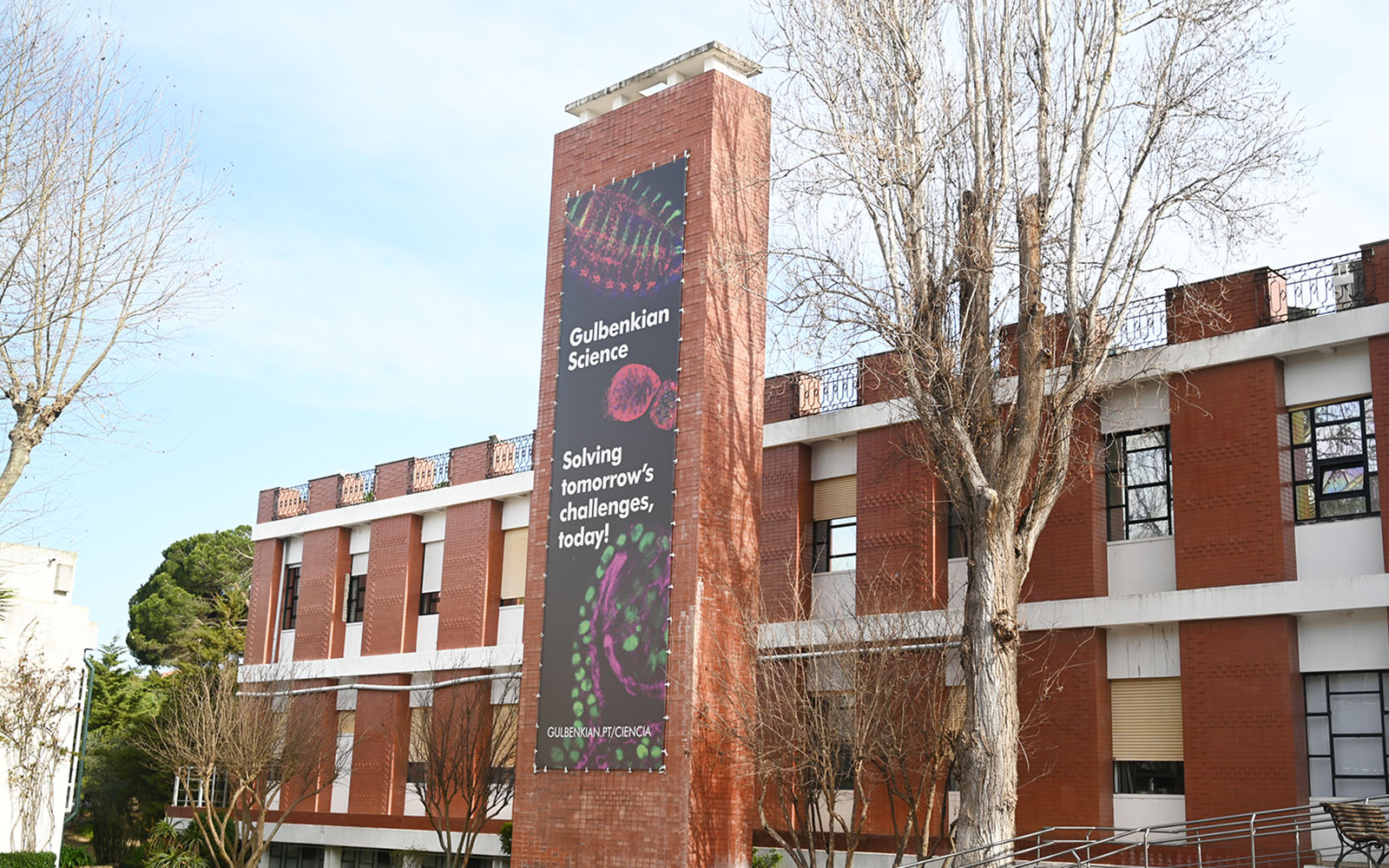How chromosome-specific biology contributes to chromosomal alteration patterns in disease
Event Slider
Date
- / Cancelled / Sold out
Location
Instituto Gulbenkian de Ciência Rua da Quinta Grande, 6 2780-156 OeirasSeveral seminars are held weekly at the Instituto Gulbenkian de Ciência, an initiative that aims to bring together all researchers around the topics under discussion.
The sessions, with internal researchers or guests, contribute to stimulate the open and extremely collaborative culture of the IGC.
You can read the abstract of this seminar to learn more about it.
Alterations in chromosomal content and structure are a defining feature of several pathological states, including nearly all cancer types. Despite this, very little is known about the mechanisms that cause these aberrations to accumulate, and what their functional significance is to disease. Our lab is interested in defining the mechanisms that cause chromosomal instability in cancer. To do this we take the approach of characterising the acute genomic alterations that occur as a result of specific chromosomal instability mechanisms (for example replication stress, mitotic dysfunction) using single cell genomics and cell biology. In this way we aim to ultimately track backwards from cancer chromosomal alterations to decipher their origin. In this talk I will give an overview of three studies we have undertaken to address this question using this approach.
SPEAKER
Sarah McClelland
Cancer Research UK Barts Centre, UK

